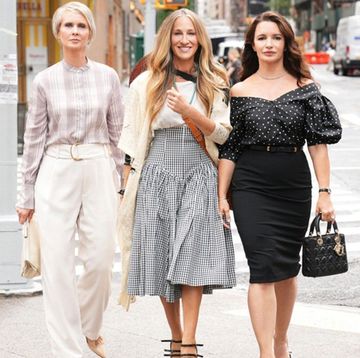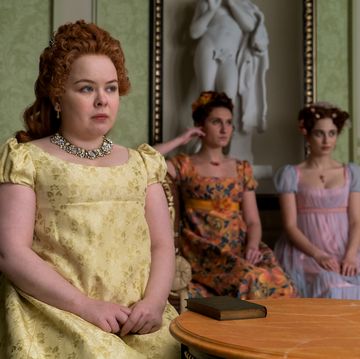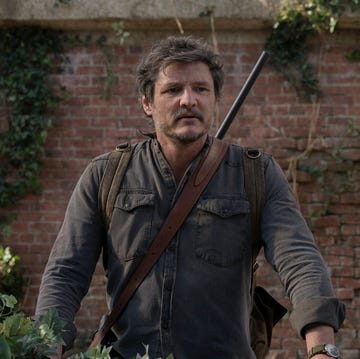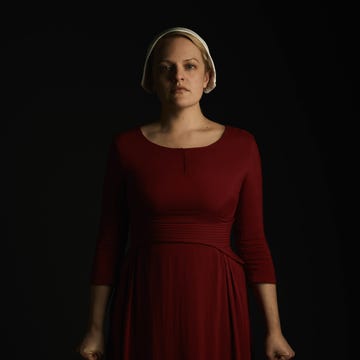In the beginning, there was “The Voice”—like a lioness’s, coming out of a mere slip of a girl at the New Hope Baptist Church in Newark, New Jersey: Whitney Houston, age 11. In the end, there was a woman lost—dead at 48 from heart disease and the drugs coursing through her ravaged veins, found facedown in a bathtub. We learn much more about the why of it all from Whitney (July 6), the new documentary directed by Scottish filmmaker Kevin Macdonald, who has said, “There’s a kind of mystery, an absence at the heart of this big celebrity tale. That mystery, I suppose, is what made me want to make the film.”
Featuring some 70 interviews, the movie offers many foretelling clues—chief among them being the disclosure that Whitney was molested as a child. The perpetrator was Whitney’s cousin Dee Dee Warwick—sister of Dionne—a woman 18 years her senior. Both early and late in the film, Whitney is heard describing her recurring nightmares about being pursued by demonic beings: “When I wake up, I’m always exhausted,” and “I’m always running from this giant—from this big man.” Still, the little girl thrived, despite the secrets and lies in the Houston household. A good hour of Whitney washes over you like a bath of wall-to-wall sound and sheer joy as the film revisits every fateful step to superstardom. Groomed for the stage by her self-described “fighter” of a mother—a grueling apprenticeship that later emerges as a barrier in their bond—Whitney sprang into the spotlight fully formed. Legendary music mogul, adoring fan, and mentor Clive Davis says of hearing her perform for the first time, “You got that spine tingle when you know you’re in the presence of genius.”
Footage from performance tapes and home video—much of it never before seen—will be most revelatory for those who only casually followed Whitney’s blazing trail. As Macdonald confesses, “Now I understand that Whitney Houston is a major artist who did something very unfashionable, which is to use her voice to express the raw power of emotion through song.”
This documentary honors that insight in galvanizing fashion, and contextualizes her life and times in vivid, lightning-fast jump cuts to newsreel-style footage that dramatizes how different the ’80s and ’90s really were from today. Whitney’s family and closest companions are given the broadest opportunity to tell her story. Through their own testimony, we see clearly the challenges she faced in finding peace of mind. Her brothers, Gary and Michael, are blunt about the drugged-out debauchery of life on the road; her female relatives are forthcoming about her tumultuous marriage to Bobby Brown, his Shakespearean jealousy of her success, and their problematic parenting of their doomed daughter, Bobbi Kristina, whose 2015 death at just 22 echoed her mother’s. In archival clips, we see the corrosive effect of the haters, from Al Sharpton’s early campaign against the “sellout” music of “Whitney ‘Whitey’ Houston” to the despicable employment of her tabloid travails as a punch line.
In the end, though, it’s the music that will endure. The twofold achievement of Whitney is that it both captures the ecstatic joy of singing that was her lodestar and helps us understand how it failed to be her saving grace. As her longtime assistant and rock of stability, Mary Jones, says, “If you can’t know who you are, you’re lost.”













